
One surprising aspect of Chengdu for me was how similar it felt to Beijing and other major Chinese cities we had previously explored. Although we had visited some lively nightlife spots, the city overall seemed quite generic. I initially thought this might be due to my limited Western viewpoint, but Mei Ling also agreed that Chengdu did not really embody Sichuanese culture. Therefore, for the remainder of our stay, we resolved to venture beyond the city limits.
On Saturday morning, Mei Ling used her app to book a taxi spacious enough to take us to the ancient town of Huanglongxi, famed for its seventeen hundred years of history and Qing Dynasty architecture. The town's main attractions include ancient streets lined with stone slabs and prominent Buddhist temples. The taxi dropped us off in a residential area about a kilometer from the town, where we found a small food market. We bought a whole duck, but since there were no tables or utensils available, we sat on the ground and tore into it with the flimsy plastic gloves provided by the vendor. The walk from the market to the town gates was long and tedious. As we got closer, we were puzzled by an abundance of shops and street vendors selling water guns. These were not the small squeeze pistols, but rather rifles with impressive capacity and range. We were accustomed to seeing peculiar tourist items in China, but the strong focus on water guns was unusual. Eventually, we reached the town's main gate, which featured an amusing English double entendre on the public restroom sign.
Shortly after entering the gates, the reason for the water guns became clear. There was a circular plaza with stairs descending to a central lower level. A large fountain at the upper level spilled water into a shallow pool, while around a hundred excited children sprayed each other with water guns, occasionally aided by adults. Immediately, I felt we had to let the kids join the fun. Although I was reluctant to purchase three super soakers that we would only use briefly, Mei Ling found a vendor willing to sell them at half price with a promise to return them. The kids eagerly jumped into the chaos, while Mei Ling and I attempted to stay out of their path. Naturally, Cleo quickly overwhelmed Ian, who soon became soaked and grew frustrated. I encouraged him to rejoin, but he retreated a few more times until they finally had their fill of the watery battle after about an hour.
At this point, I still held some hope that as we wandered deeper into Huanglongxi, we might discover some serene and austere ancient streets; however, nothing could be further from the truth. The entire town appeared to function essentially as a low-cost water park for children. Across from the fountain was a small waterfall leading to a canal that stretched for blocks, filled with kids in their underwear or less. The sidewalks were crowded with people moving in both directions and clustering around souvenir shops and snack stalls. There were various entertainment facilities, including some rickety rides that visitors avoided, haunted houses, and other gimmicks. We bought some flimsy propeller toys for the kids that they quickly lost in the bushes. We also found some intriguing snacks, like crispy deep-fried crickets, which made our visit a bit more worthwhile. One vendor had the creepiest toy I had ever seen: a motorized bee on wheels that could tip over and right itself while emitting a creepy laugh reminiscent of a possessed toddler.
At this point, we had resigned ourselves to abandoning the idea of a historical village and shifted our focus to yet another modern cultural experience. We began to wonder if there were any genuine historical sites left in China, or if they had all been converted into entertainment zones. At least here, we couldn’t refer to the crowd as "the great unwashed" since it was clear everyone was getting thoroughly soaked. We decided to embrace making Huanglongxi a fun outing for the kids, allowing them to try the carnival games and virtual reality rides.
With no large taxis available, we split into two groups for the return trip to Chengdu. Mei Ling, Cleo, and Spenser went to visit Lulu, while Ian and I opted to explore on our own. On the way back into Chengdu, we had the chance to see some of China's innovative modern architecture. I've often wondered how and when East Asia surpassed the United States and Europe in creativity and boldness in skyscraper design. I first noticed this trend in Bangkok in the early 2000s, and since then, the variety of shapes and styles of apartment buildings and office towers has been a highlight of any visit to this region. I still had a couple of places on my Chengdu list that we hadn't yet visited. So far, we had mainly occupied ourselves in the center and the northwestern quadrant of the inner city, leaving a vast portion of the city unexplored.
Wenshu Monastery is a Buddhist temple from the Qing Dynasty, built on the site of an earlier Tang Dynasty temple that was
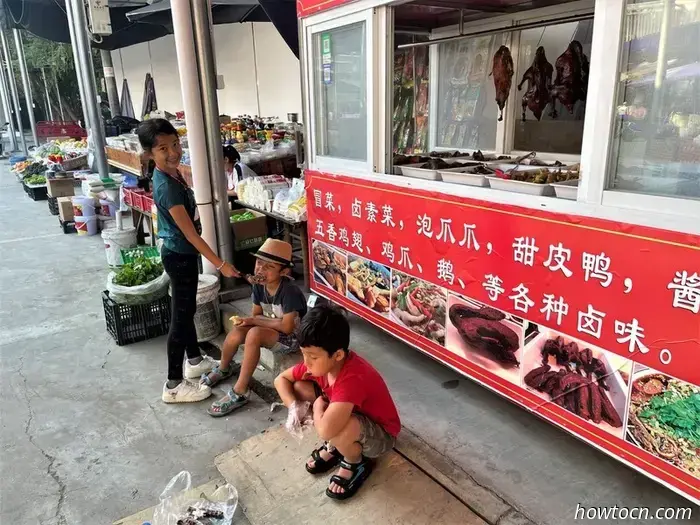






























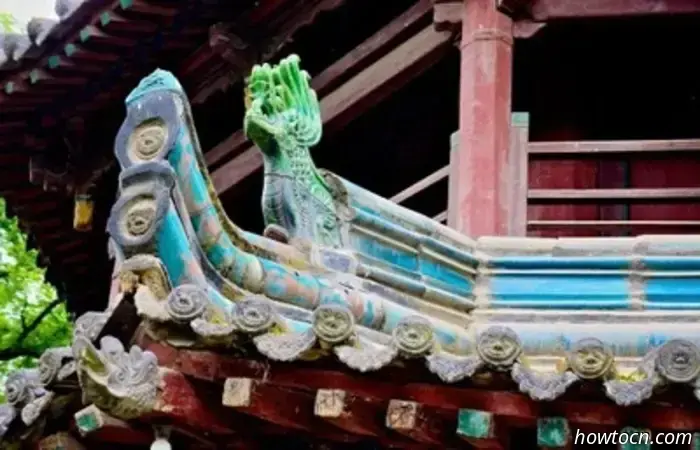
I recently had the amazing chance to visit the Great Mosque in Xi'an, China. It was genuinely an unforgettable cultural experience. Situated in the vibrant Muslim Quarter of Xi'an's downtown area, this mosque is among the oldest and largest in the country.
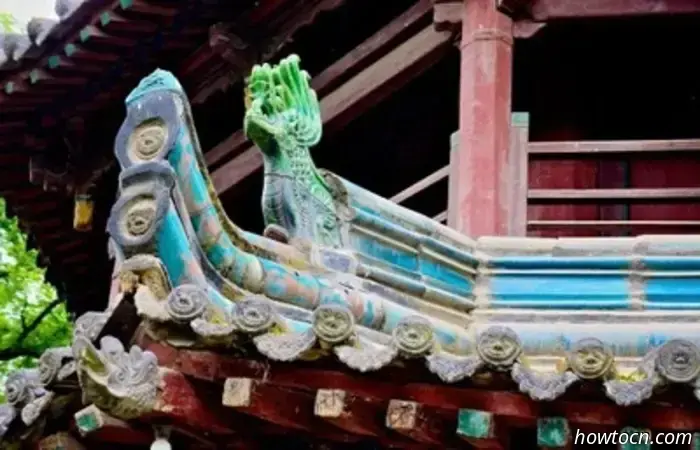
I recently had the amazing chance to visit the Great Mosque in Xi'an, China. It was genuinely an unforgettable cultural experience. Situated in the vibrant Muslim Quarter of Xi'an's downtown area, this mosque is among the oldest and largest in the country.
-Glynns-travel-blog.jpg)
A highly soggy mountain and an extremely busy panda sanctuary.
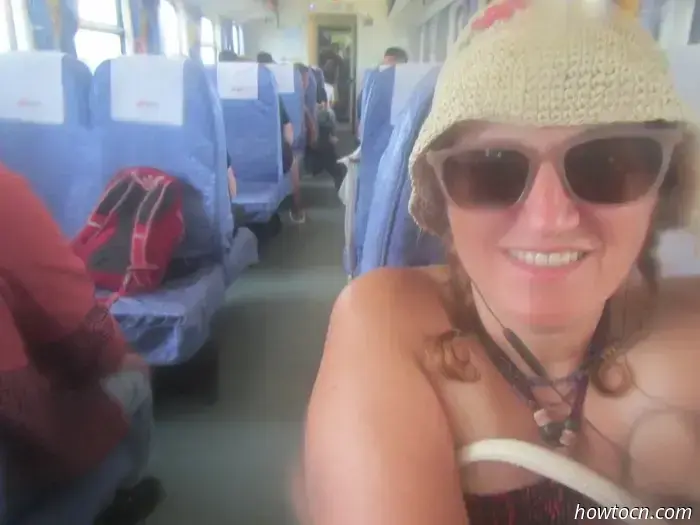
I was very let down by my location once more this semester. It took me 2.5 hours to reach the train station on the teacher bus and then 3 hours to return from the train station on the light rail. Not to mention the 1 km walk back to my apartment from the train station. It's just as bad as it was last semester, if not worse, because there are no longer any trees or stray cats. It's simply a vast dusty campus on flat ground, with a lot of wind and currently, the sun is quite uncomfortably hot.
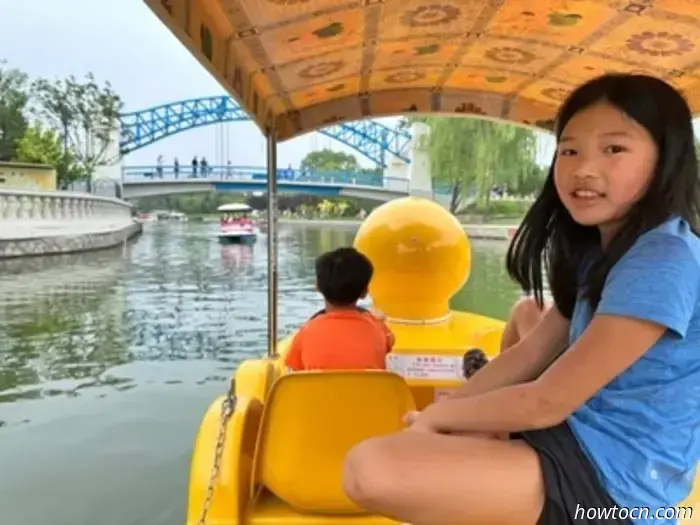
We spent two weeks in Beijing. The day after our arrival, we visited Chao Yang Park (Sun Park) and rented a duck boat. It was quite slow, but we enjoyed navigating it around the lake.
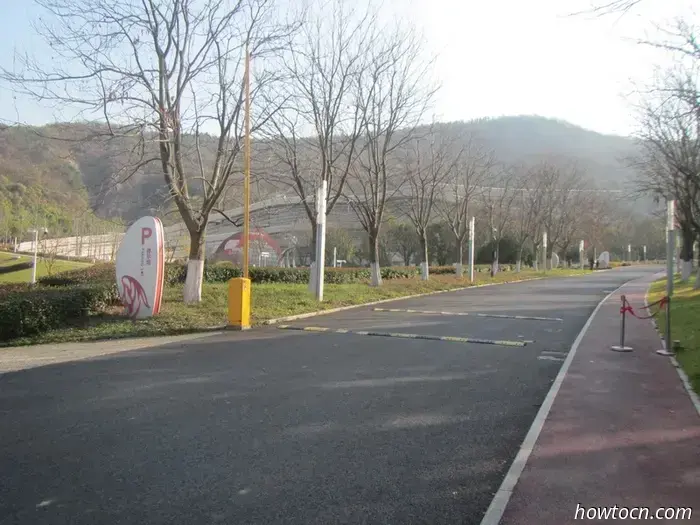
This month, I've been extremely lazy due to my knee not feeling completely right and the inconvenient location I reside in. Traveling to the south end of the city requires me to take two light rail trains, which takes at least 1.5 hours. I live in Gaochun, south of the airport, so I first take the local rail to the airport, then switch to the airport train to finally reach the south end of the city. My tourist card now only has destinations on the north end of the city left, and I lack the motivation to visit more than one each weekend. Without further delay, here are the photos I took during the weekends in December.
One thing that surprised me about Chengdu was how similar it felt to Beijing and other major Chinese cities we had explored. While we experienced some interesting nightlife spots, the city overall seemed quite generic. I initially thought this might be due to my limited Western viewpoint, but Mei Ling concurred that Chengdu didn't truly embody Sichuanese culture. We resolved to venture beyond the city borders during our remaining days in Chengdu.